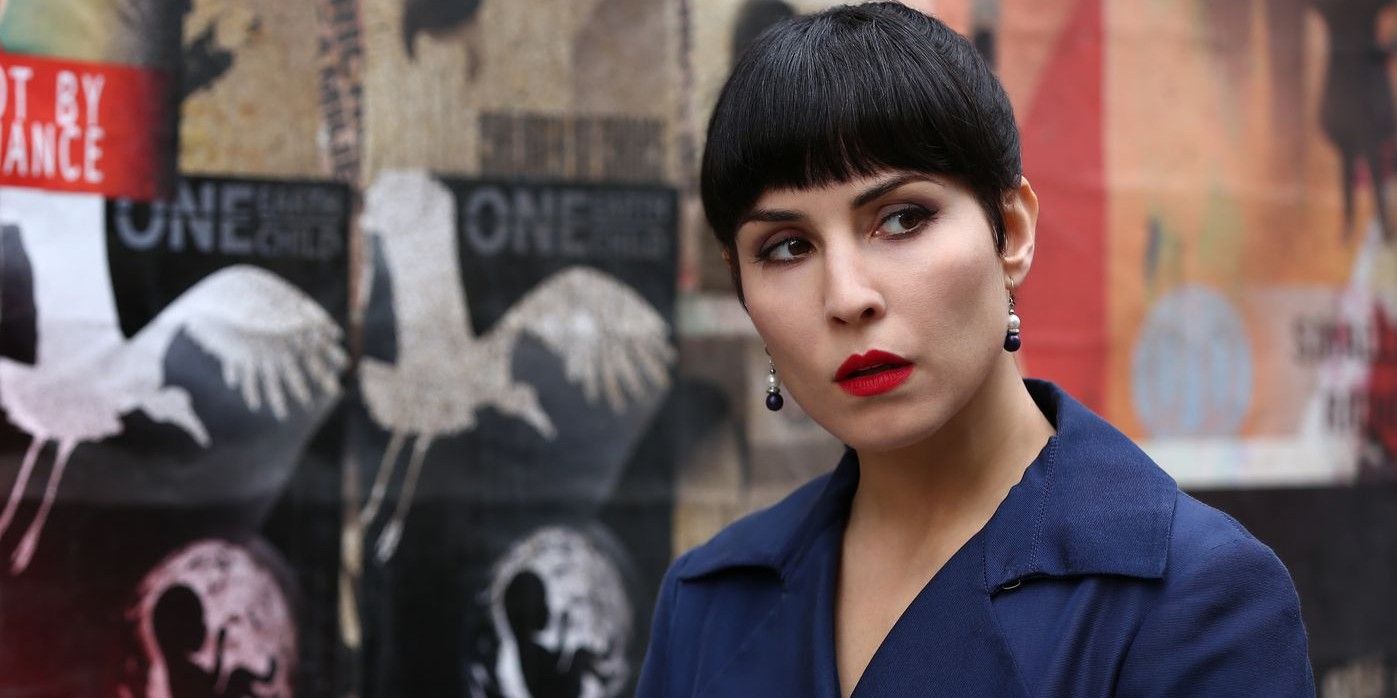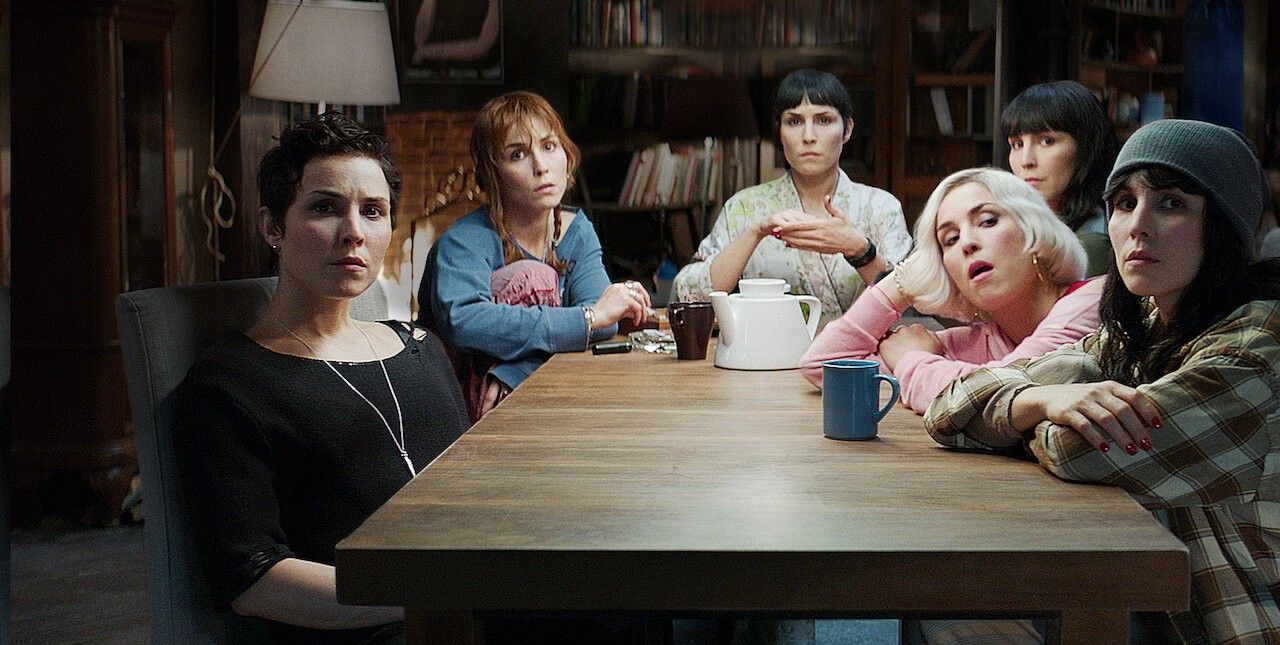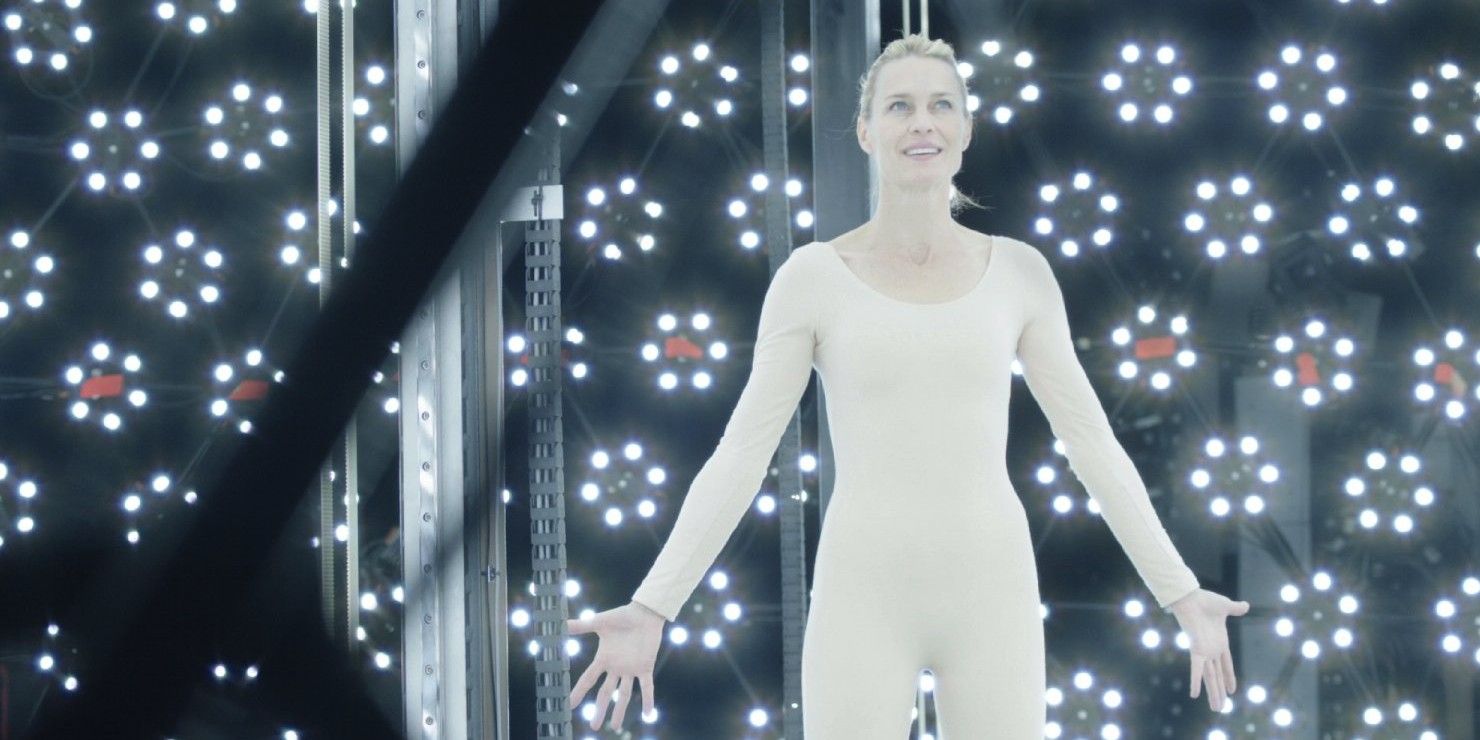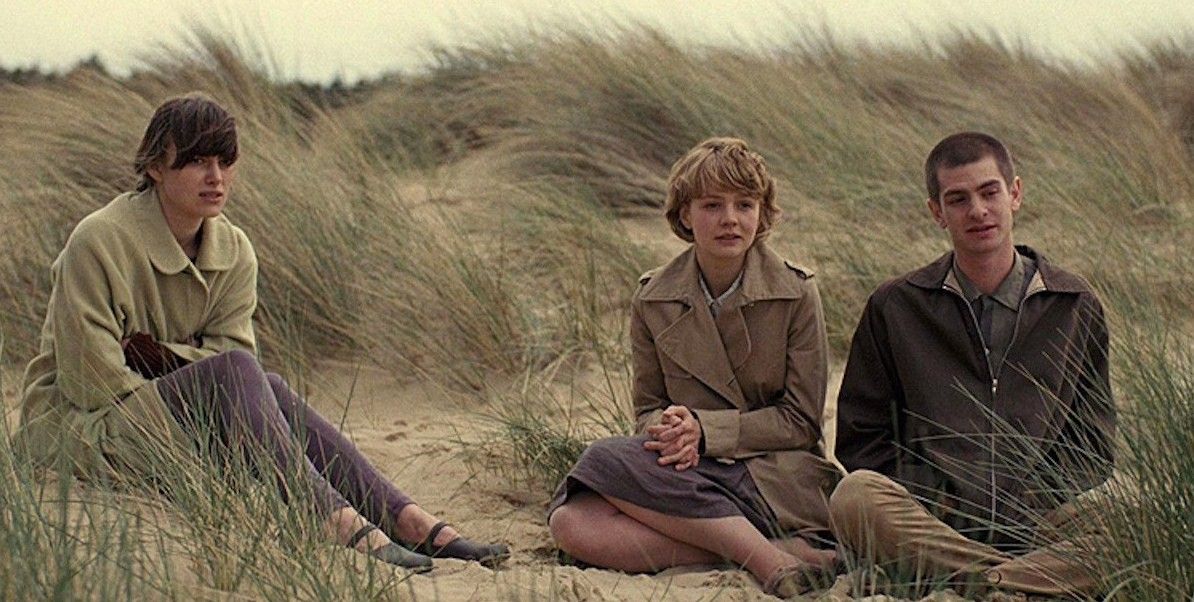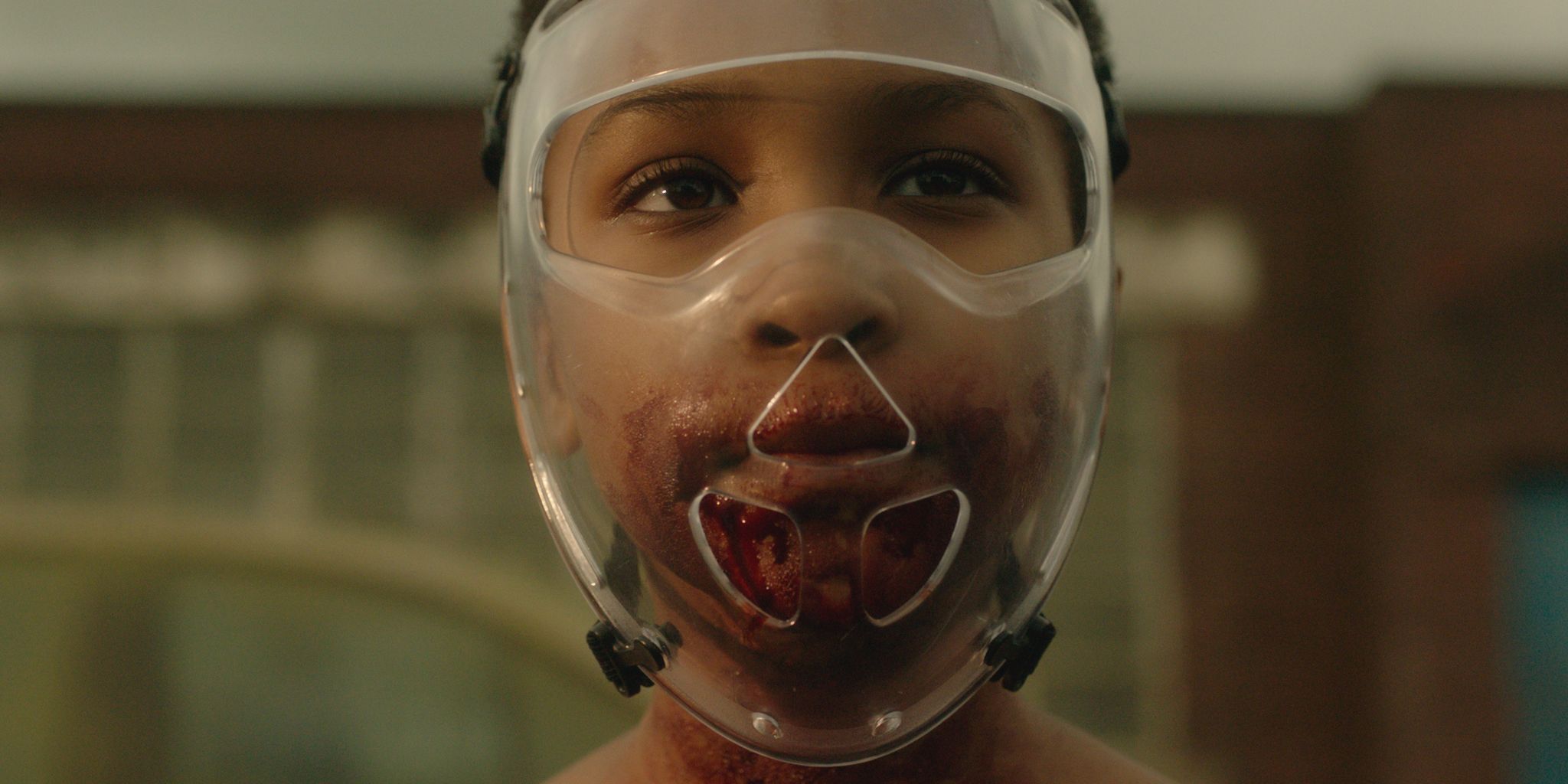A dystopia is defined as an imagined community or society in which there is great suffering or injustice and that is undesirable and frightening, typically a society which is totalitarian or post-apocalyptic. It is the opposite of a utopia, which is a community or society that possesses highly desirable or nearly perfect qualities for its citizens, or a place of ideal perfection. Having a society which claims to be utopian but is truly dystopian is a common related concept.
Dystopian fiction is very popular. Literature, film, television, video games, and music have all explored the concept of a dystopian society. Over the decades, there have been a vast variety of dystopias, with people getting creative in terms of what elements make the society dystopian. Most dystopian fiction makes commentary on the society in which it was written, with there being obvious patterns in dystopian fiction created during the same time period.
The 2010s brought a lot of dystopian fiction in all forms. There were so many movies, in particular, that fall under the genre that many of them are not as widely appreciated as they should be. All of the interesting dystopian films could not be included in this list, but here are a handful of underrated dystopian movies from 2010 to 2019 that fans of the genre should check out.
What Happened to Monday (2017)
This movie was directed by Dead Snow director Tommy Wirkola and written by Max Botkin and Kerry Williamson. It boasts a talented cast including Noomi Rapace, Glenn Close, and Willem Dafoe. The story is set in the near future, in which overpopulation caused a worldwide crisis. A one child per family policy is implemented, and if a family has more than one child, all of them but the eldest are taken and placed in cryosleep.
Into this world, a set of identical septuplets are born and hidden by their grandfather when their mother dies. He names them after the days of the week and trains them to pose as one person, each going out into the world on their own individual day. In 2073, when they're adults, Monday fails to come home, and her sisters must try and discover what happened to her.
Rapace plays all seven siblings, and it's fascinating to watch the slight differences and quirks she gives to each one. Overall the film has a very interesting concept, with a lot of action sequences and an interesting near-future world. It's fun at points and tense and harrowing at others, and worth a watch.
The Congress (2013)
As well as directing the film, Ari Folman wrote the screenplay for The Congress with inspiration from the 1971 Polish novel "The Futurological Congress" by Stanislaw Lem. The Princess Bride star Robin Wright plays a fictionalized version of herself; an aging actress who agrees to sell the rights to a digitized version of herself to a movie studio in exchange for money to pay for her son's illness.
This choice unravels into a truly unexpected series of events. The Congress takes a fascinating approach to the genre. While the science-fiction aspects are evident right away, the dystopian elements of the society within this movie reveal themselves over time, in layers and details and surprises. What unfolds is a truly interesting and creative film and dystopian vision. Wright carries the movie with her powerful performance, but there are also impressive performances from Paul Giamatti, Harvey Keitel, Danny Huston, and Jon Hamm.
Never Let Me Go (2010)
Based on Kazuo Ishiguro's novel of the same name, this film was directed by Mark Romanek and written by Alex Garland, who also wrote 28 Days Later and Sunshine. It stars Carey Mulligan, Keira Knightley, and The Amazing Spider-Man himself, Andrew Garfield. Never Let Me Go is set in 1978 in a parallel universe in which a medical breakthrough permitted human life to be extended past one hundred years.
The three leads all grow up in a boarding school where they learn that they are being raised for the sole purpose of being organ donors in order to allow people to live this extended life. They themselves are destined to donate organs one by one until they die as young adults.
Never Let Me Go depicts a quieter kind of dystopia. It's more grounded and proves to be an emotionally devastating movie, with themes of love, friendship, loss, and humanity. While critically acclaimed, this movie is often not associated with the dystopian genre because it does not fit the stereotypical view of what a dystopian world looks like in fiction. It does, however, very much depict a dystopia.
The Girl With All The Gifts (2016)
This movie was directed by Colm McCarthy and written by Mike Carey, who also wrote a novel of the same name. The movie stars Gemma Arterton, Paddy Considine, Glenn Close, and Sennia Nanua. The Girl With All the Gifts is set in a dystopian future following most of humanity being wiped out due to a parasitic fungus that turned the infected into mindless zombies. Hope for the future of the human race lies in a group of hybrid second-generation infected children, who crave human flesh but are able to think and learn.
The children are kept on an army base where they are tested and experimented on as well as being taught by a teacher, played by Arterton. The teacher forms a bond with the most exceptional student, Melanie, the titular girl with gifts. This movie features all the scares, gore, and horror that would be expected from a zombie film. It is often tense, keeping the audience on edge throughout. On top of its horror premise, the film is also interesting and thought-provoking.

